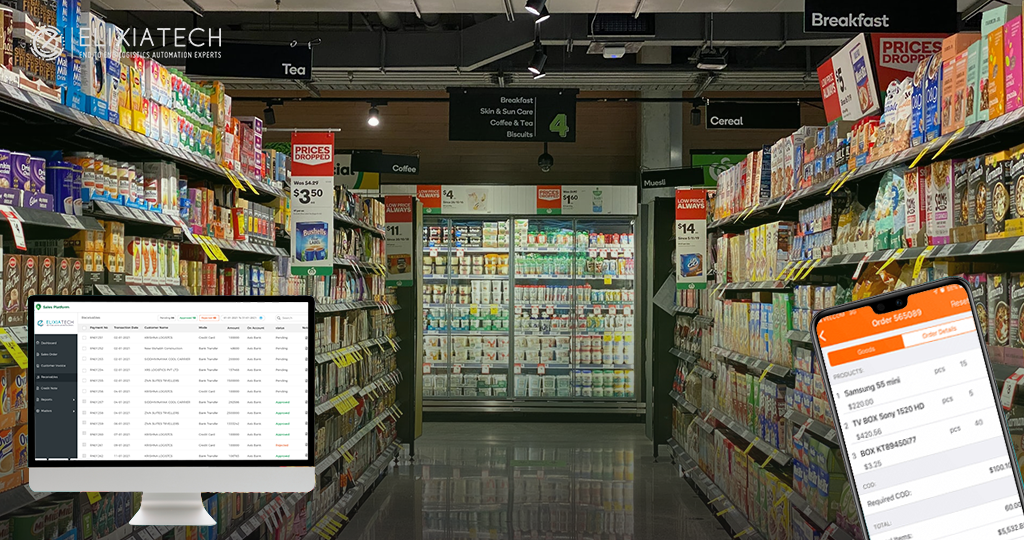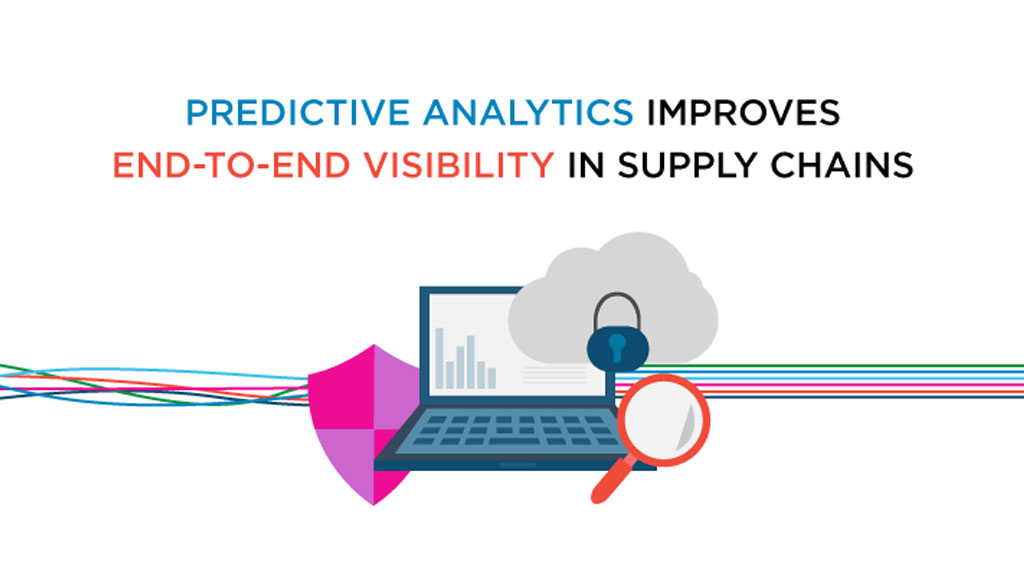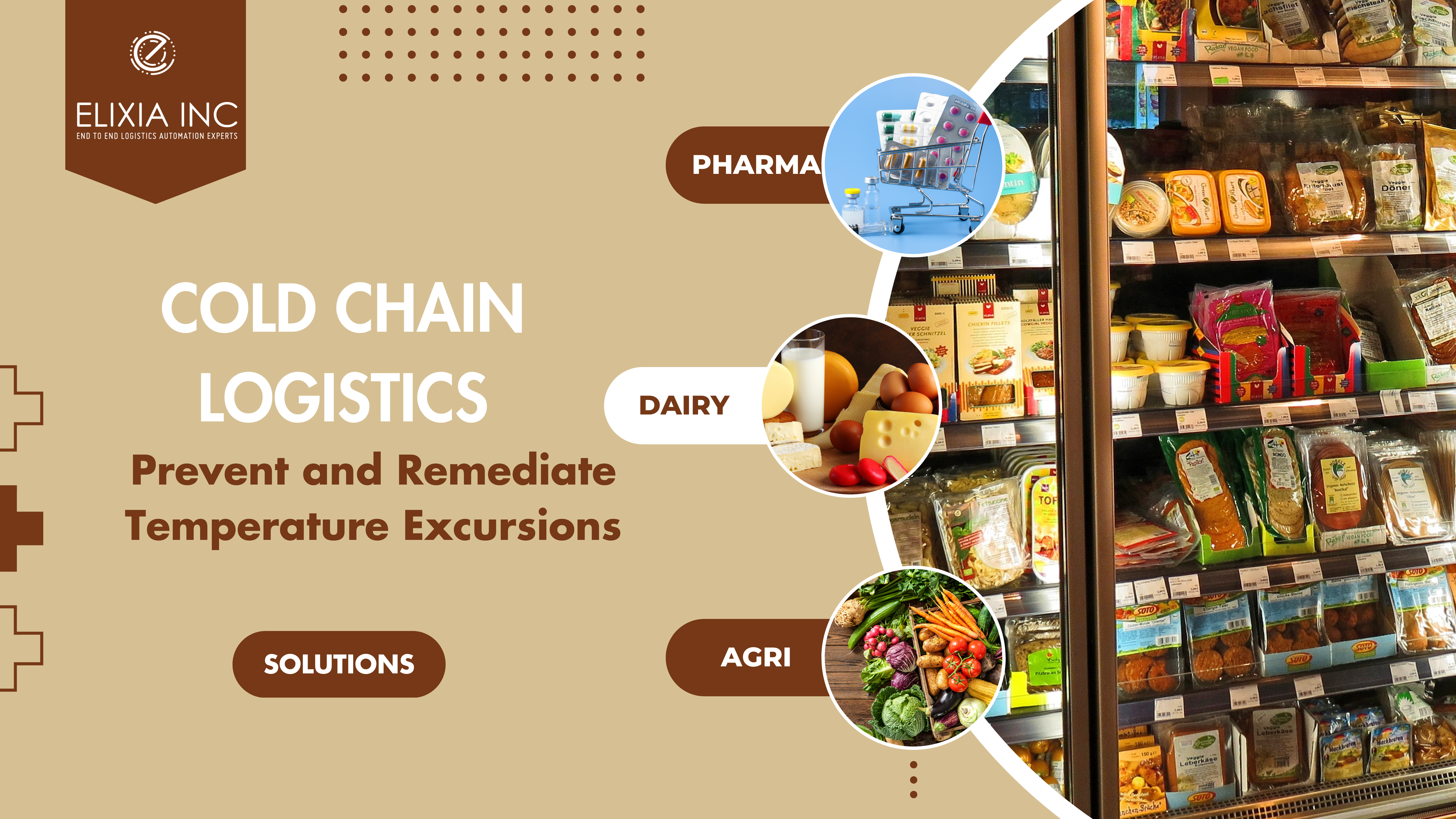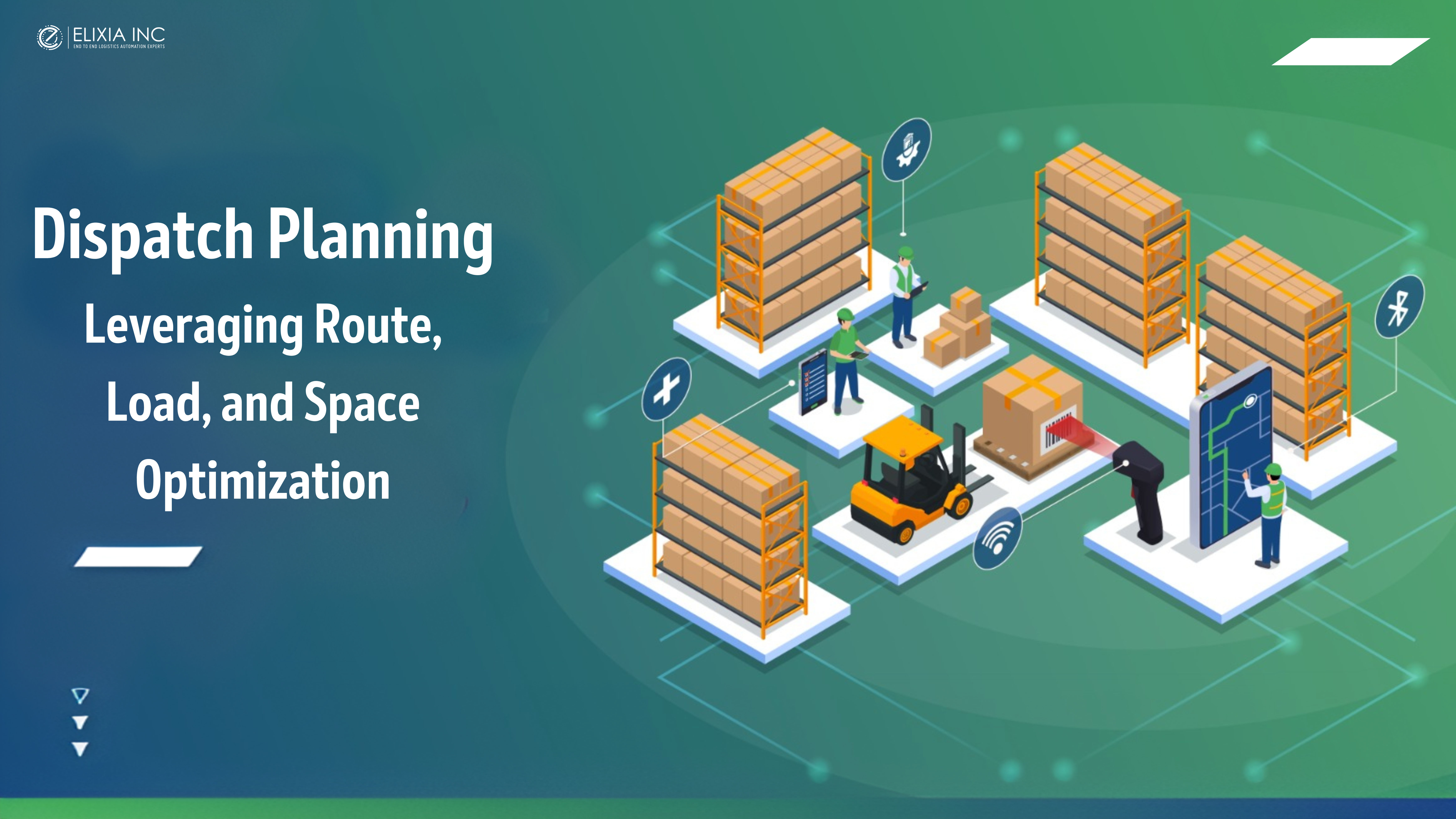
Largest Indian FMCG giant saves 3x Logistics costs
One of the largest FMCG majors in our country has partnered with Elixia Inc for over 5 years. They run a highly complex multi-echelon Supply Chain in India with over 15 Plants and 39 DCs. About 40 distribution nodes exist in the primary domestic freight network, with over 1500 in the secondary network.
Earlier, the FMCG major’s processes were very manual. Factory or distribution center dispatch teams made critical daily load and route decisions and facilitated communication/information transfer between nodes. The network had inconsistent control points and processes for managing daily freight, and there were few qualified business rules that consistently maintained transport efficiencies. Logistics Operations in India required a centralized, scalable system for qualified daily decision-making to optimize routes and load capacity, manage end-to-end logistics operations, and control freight costs. Enter Elixia Inc!
The team at Elixia Inc initially associated with them through Elixia Speed (vehicle tracking) and Elixia Monitor (warehouse monitoring). Over time, the team realized the enormous issues they faced in managing their supply chain due to their FMCG operations’ scale. They saw it as a chance to play their preferred role as problem solvers and expand their capabilities. Elixia’s solutions had already impressed the logistics team with their innovation, customization, and user-friendliness, creating the perfect synergy.

Elixia understood the existing FMCG process and the issues they were facing. The solution designed to solve these issues led to the genesis of the Intelligent Delivery Orchestration Platform. Now, their entire logistics operations depend on the Intelligent Delivery Orchestration Platform. And the benefits of this system have been tremendous for them. Elixia Inc now collaborates globally with them to implement these solutions across international markets.
The system comes into the picture right from production up until delivery covering primary as well as secondary logistics. The system stores transporters’ master database, service details, costs, and more. The system also stores details of all SKUs, warehouses, DCs, and so on. They create production indents using the system. Once the products are ready for delivery, the production unit books a transporter’s vehicle for delivery. Mind you, this is not just a random booking, but an automated intelligent algorithm that picks and prefers transporters based on designed algorithms and provided intelligence in such a way that maximizes efficiency and minimizes costs. They provide transporters with limited access to their system via web and mobile app logins to accept bookings and allocate specified vehicles within a specified time frame.
Upon reaching the pick-up location, vehicles use an app-based/OTP-based mechanism to punch in the in-time and out-time accurately. This mechanism reduces idle times and ensures accurate capture of loading time, in-time, and out-time. The accurate tracking of trips has led to huge cost savings in detention costs. They closely monitor every trip, tracking details such as time, distance, idle time, and expenses to ensure timely delivery and an efficient process. They obtain an acknowledgment from the warehouse/DC in charge upon delivery and then upload it to the system to confirm delivery and product status. Once the cycle is complete, the system’s pre-defined constraints automatically generate invoices, which they send for approval. This process makes invoicing quicker, payments faster, and reduces manual workload while eliminating the possibility of manual errors or manipulations.
This logistics automation process has resulted in significant cost savings for the FMCG company and has proven to be a worthwhile investment with high returns on investment. The solution significantly reduced manual work, delivered numerous benefits, and enabled better business decisions, much to the team’s delight. They accomplished this by increasing their focus on productivity, efficiency, and supply chain optimization. When you talk about actual business impact in FMCG, it simply cannot get any bigger than this.


